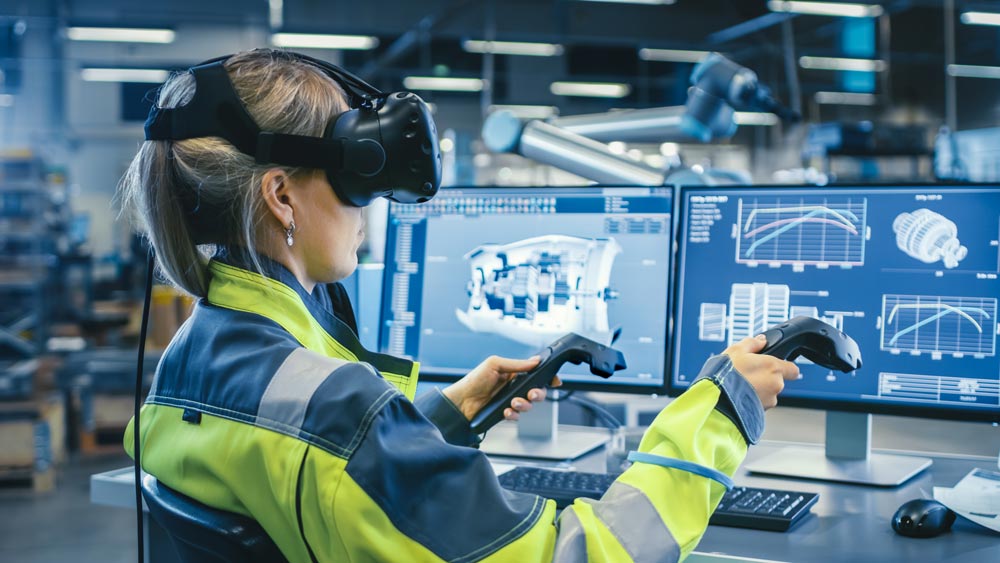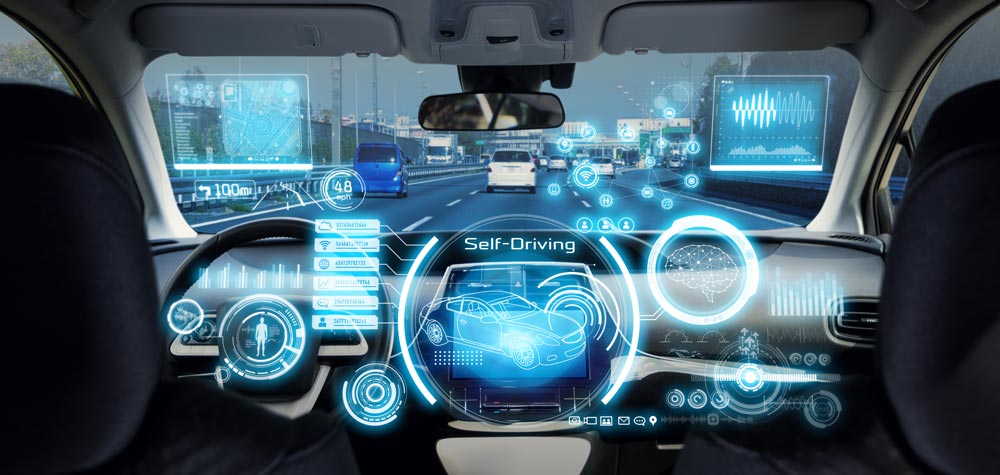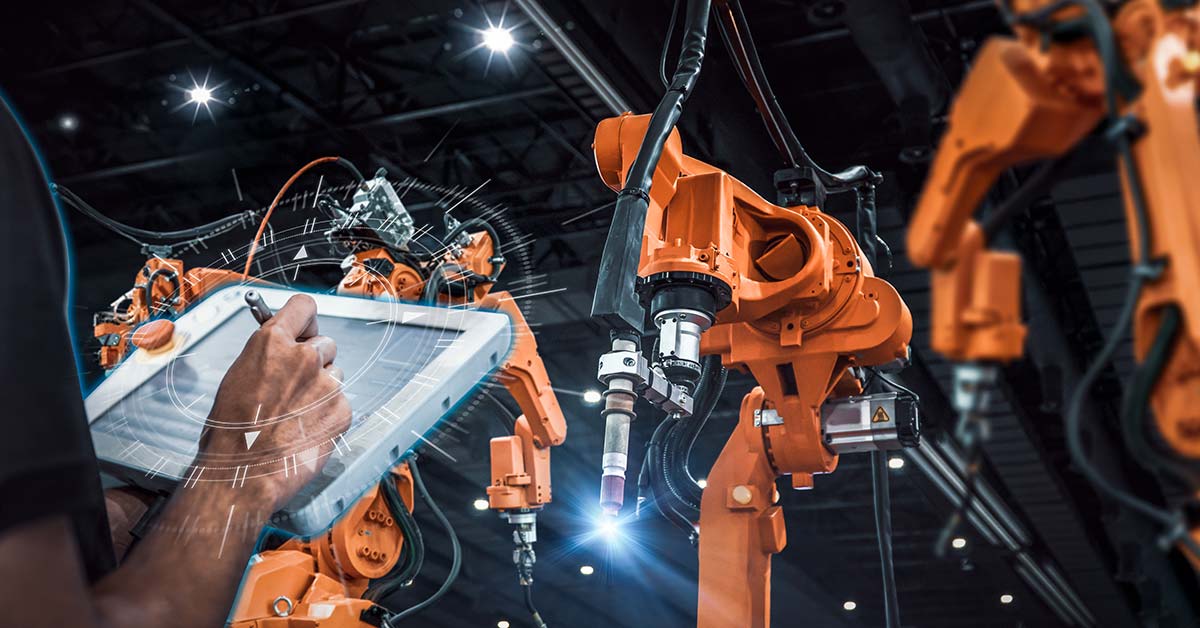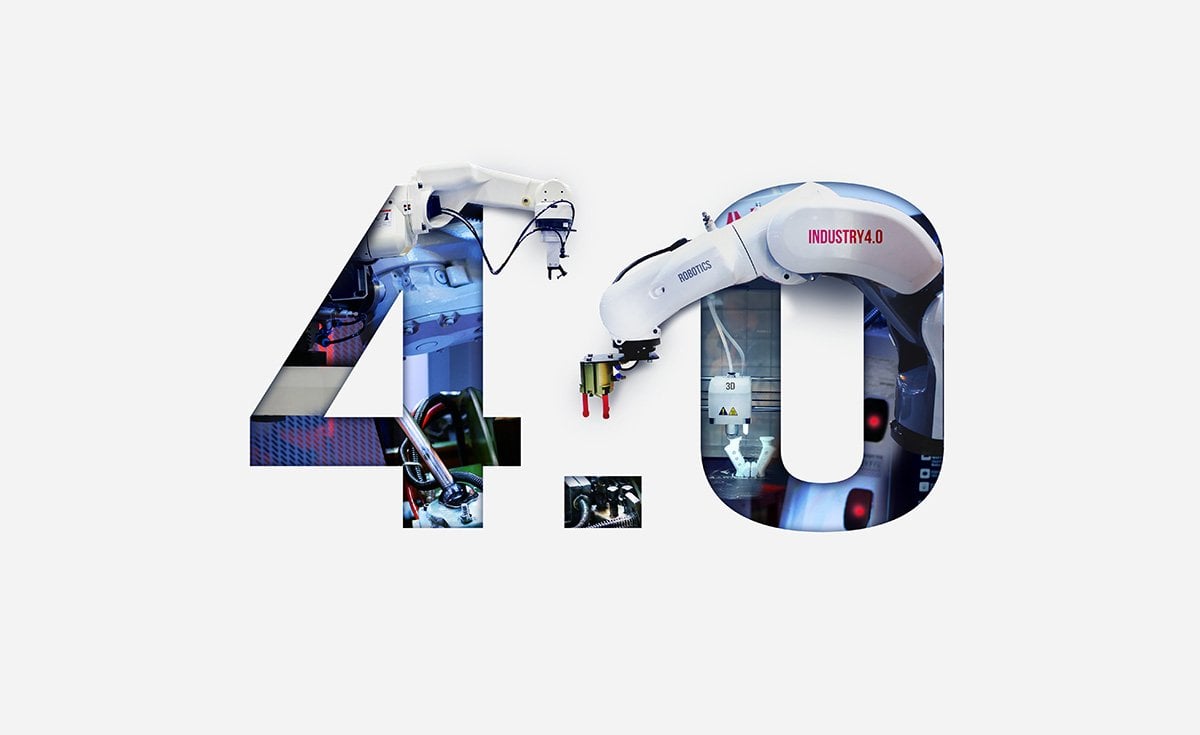

5G and network slicing where it matters most
Frequentis is using a 5G private network designed by Drei Austria and Three Group Solutions to develop and test applications for control centres managing safety-critical situations.
Increasing occurrence of extreme weather conditions and major...
Read Insight
Wind Tre Business supporting Genoa smart port ambition with 5G mobile private network
Wind Tre Business has announced a collaboration with PSA Italy to provide a new 5G radio coverage system and data centre connectivity that will enable new IT functions at the Port of Genoa.
Read Insight
Fast-tracking the move to digital services in 2021
Digital transformation in some sectors has been underway for over a decade, but there’s never been an accelerator like COVID-19. The immediate changes that were forced on people and businesses in 2020 have given proof to digital investment business...
Read InsightIoT digital transformation Enterprise Solutions Artificial Intelligence Private Networks 5G article

5G private networks – Part 2: laying the foundation for digital twins
Request a callback
digital transformation Private Networks Automation 5G Connectivity

5G private networks – Part 3: driving the future of the factory floor
Request a callback
digital transformation Private Networks Automation 5G Connectivity article

5G private networks – Part 1: the power behind the autonomous vehicles revolution
Request a callback
digital transformation Private Networks Automation 5G Connectivity article

Here’s how private networks are powering digital transformation across industries
Private networks, and increasingly 5G private networks, are the powerful backbone behind digital transformation in some of the world's largest industrial companies. With low latency, high availability and broad coverage, 5G is fuelling the move...
Read Insight


